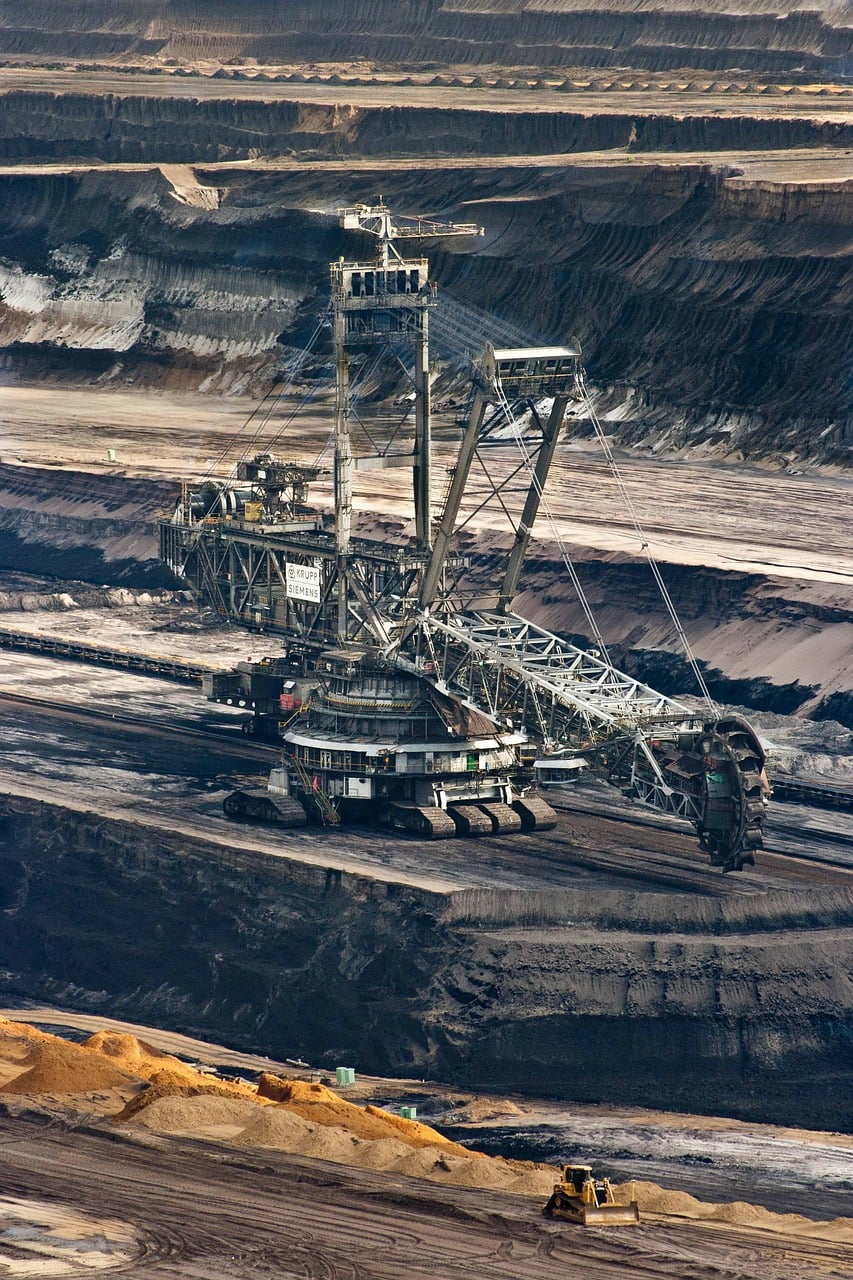e all learned in grade school that the Pilgrims sailed to North America to escape religious persecution.
That’s wasn’t necessarily the case, explains author John Butman. At least, it certainly isn’t the whole story.
In fact, the Pilgrim's voyage to the New World was a seventeenth-century entrepreneurial start-up. It was funded by nearly one hundred investors, who expected a profit on their contributed capital.
This fascinating re-visitation of the origins of America, told in full in Butman's book New World, Inc., highlights how nearly every human endeavor throughout history has been rooted in gaining or maintaining access to resources.
Of course, back in the days of the Pilgrims, there were only about 0.5 billion humans on the Earth. As we write about on this site, resources are likely to play an even more influential role in the future as the planet goes from 7.5 billion souls today to 10 billion by 2050...
By the 1500s, England's main export was woolen cloth, mostly to continental Europe. But in 1550, for a number of reasons, the bottom fell out of the market and they weren't selling enough, The merchants and the leading business people of the day,were very gravely concerned about the economics of the country. Population was on the rise at that point and there was a strong divide between the Gentry and the common people. And as the economics got worse, the social situation got very tricky, and there was really severe social unrest. So there was a real need to find new sources of revenue, new sources of jobs -- and so that's what directed their focus overseas.
After 1600, there were many ventures to America. At first, they'd simply send ships over to America leaving early in the spring, ultimately March or April – the trip would take six to eight weeks. The plan was trade with the Indians for certain commodities like fish, furs and sassafras (which was a very prized herb, it was thought to cure almost everything), and then fill up the hull of their ships, get back, sell the goods in England and on the continent, and make a profit. But they discovered that it was just not sustainable. It was just too risky: on any given trip when sailing over to America, you couldn't be sure that you would get enough of what you needed to return with.
And so they realized they needed to establish settlements. They had to put people on the ground who would operate the business and obtain the goods. The ships would just be distribution: sailing over to pick up the stockpiles and then return to England. This idea of settlement orignated.
So Thomas Weston put together a group of seventy investors to put in money to fund the Pilgrims. They raised, we don’t really know how much money was raised, at least 1500 pounds (ssome claim as much as 7,000 pounds). So the Pilgrim's voyage to the New World was a funded venture, expected to be profitable (which took them a long time to become, in the end.
You have look at this whole process of America's settlement as one big startup. There was tremendous trial and error. There was so much failure along the way. It was just constant. The merchants who were putting money into these ventures had a diversified portfolio, so American development was really the higher risk part of it. They had other ventures and other investments -- in fishing, in continuing to sell cloth on the continent, and so on. These business went up and down. so they rarely put all their money into America's development. It was just too risky.
But over seventy years, it worked. They learned a lot. They learned how to organize a settlement, how to make it sustainable, how to resupply it. They also got better at figuring out the cost per person. So they got better at understanding what the true costs and risks were, and kept iterating and improving the model. Just as what happens in modern investing today.
Click the play button below to listen to Chris' interview with John Butman (40m:27s).






